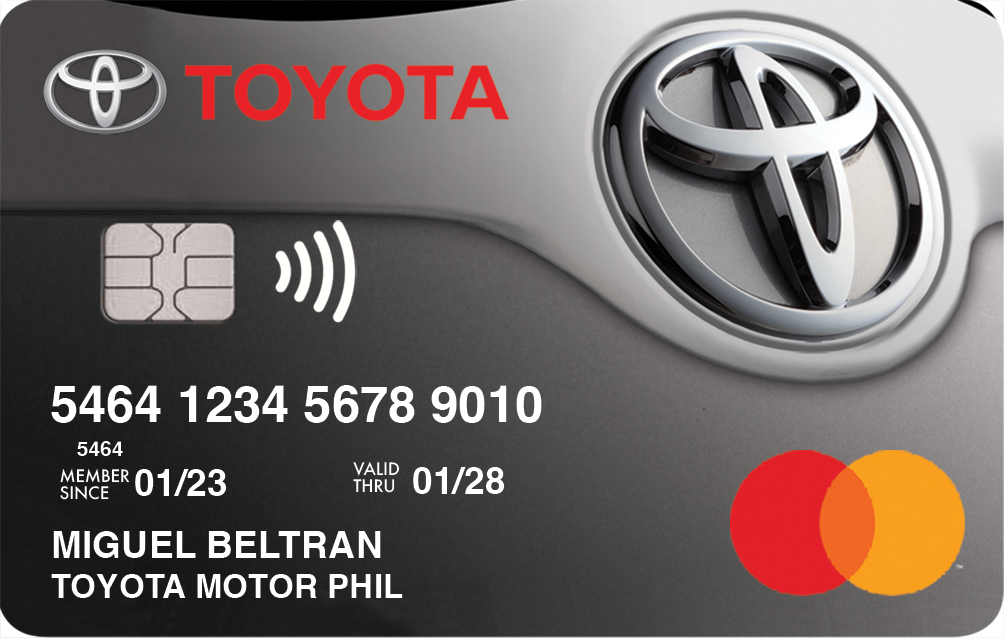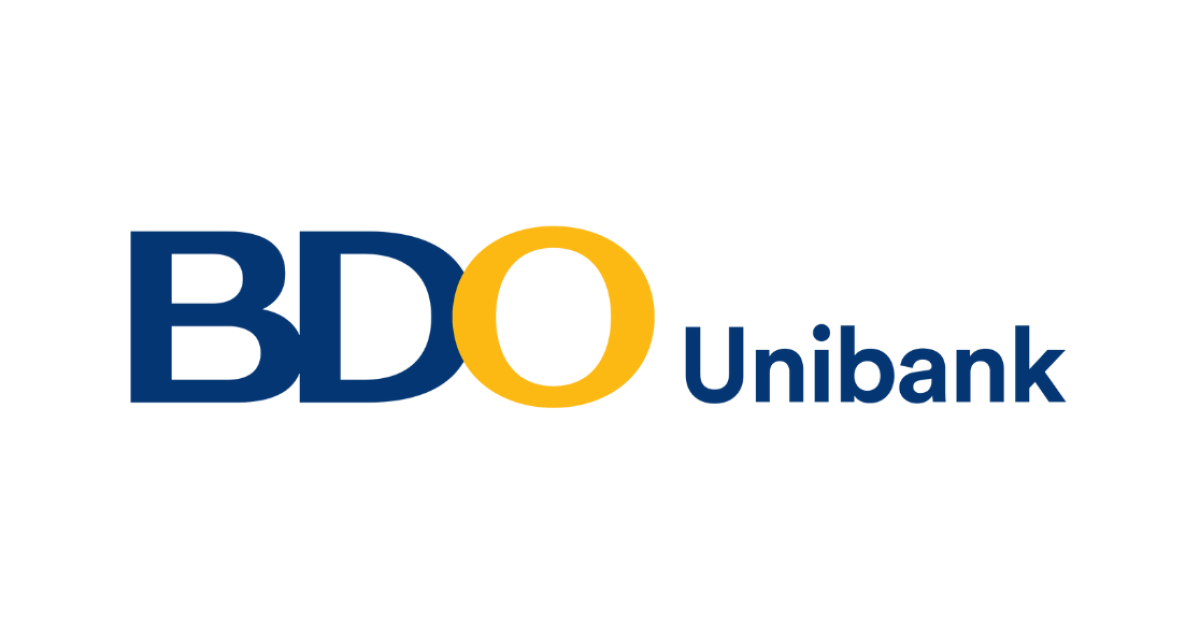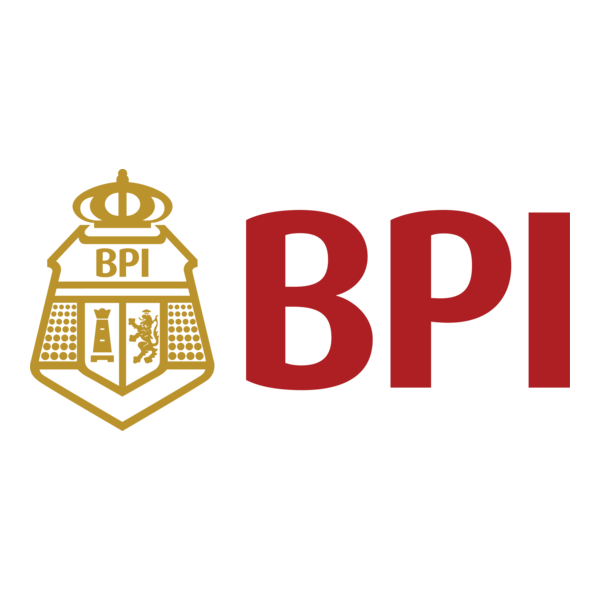“Rest is not idleness, and to lie sometimes on the grass under trees on a summer’s day, listening to the murmur of the water, or watching the clouds float across the sky, is by no means a waste of time.” — John Lubbock
In a culture that venerates “grind” and “hustle,” resting often feels like stepping off the track mid-race. But what if rest was actually the very engine that propels you further, sharper, and even more profitable? Think of rest as the hidden capital you invest, not the interest you lose—much like using a credit card wisely: if managed strategically, it can amplify your resources, but without careful timing, it can create unnecessary stress.
By reframing rest not as a luxury, but as an economic lever, this article shows how stepping back can actually push you forward—with better decisions, stronger output, fewer costly mistakes, and long-run gains. In Q4, when burnout looms and pressure mounts—especially in the Philippine workplace—this perspective isn’t just comforting; it’s strategic.

The Science of Rest and Performance
Cognitive Recovery & Decision Making
Even when our minds seem idle, the brain continues to process and consolidate. In one NIH study, resting individuals’ brains replayed compressed versions of new learning, strengthening memory and improving performance (nih.gov).
Research in neuroscience shows that downtime activates the brain’s default mode network, which supports creativity, insight, and problem-solving (Greater Good Science Center, UC Berkeley). Without deliberate rest, we risk depleting our cognitive reserves, causing errors and tunnel vision.
The High Cost of Chronic Stress
Chronic stress—essentially, insufficient recovery—impairs reasoning, disrupts emotional regulation, and increases susceptibility to impulsive decisions (like rash spending or neglecting bills). Over time, this degrades “financial discipline,” the very foundation of saving, investing, and avoiding debt.
Burnout has serious economic consequences. In Southeast Asia, 70.71% of working adults report burnout symptoms, implying an enormous mental health burden (National Library of Medicine). That kind of stress seeps into every decision, from whether to negotiate salary to whether to shop online for comfort.
When performance dips, so does income potential. Mistakes cost time, rework, and missed opportunities—quietly eroding productivity and profit alike.

Rest as a Financial Strategy
Sharper Money Decisions
A well-rested mind is more patient, future-oriented, and less reactive. That extra mental bandwidth helps you resist impulse buys, evaluate investments more rationally, and weigh long-term rewards. Fatigue, on the other hand, leads to cognitive shortcuts—what behavioral economists call “decision fatigue”—causing people to choose convenience over value.
Preventing “Revenge Spending”
When overworked or emotionally drained, many Filipinos engage in what psychologists call revenge spending—using purchases as emotional compensation. But when you’re rested, your dopamine baseline stabilizes, reducing that urge. Rest isn’t just about regaining energy; it’s about regaining control.
Burnout as an Economic Drain
Burnout isn’t merely emotional—it’s measurable. It causes absenteeism, presenteeism (being physically present but unproductive), and higher turnover. A fatigued workforce translates directly into lower economic output and higher recruitment costs.
Economically speaking, rest is a defensive investment—a small expense of time that protects against major financial leaks.

Cultural Shift: From Hustle to Balance
Filipino Work Ethic vs. Quiet Productivity
In many Filipino workplaces, hard work is a badge of honor—proof of resilience and dedication. But globally, the tide is turning toward quiet productivity: working smarter, not longer.
Employers in the Philippines can take cues from companies abroad that are integrating rest into policy. Some emerging practices include:
- Flex hours or “core time” windows where employees can manage energy peaks
- Half-day Fridays to reduce burnout without hurting output
- No-email hours and digital downtime policies
- Leadership modeling—when managers rest, teams feel permitted to do the same
A study on Work-Life Balance (WLB) in the Philippines found that balance strongly correlates with satisfaction and retention, though it varies by industry (Research Synergy Press). As local work culture matures, balance is emerging as a key productivity driver, not a distraction.

Practical Ways to Rest Smarter
Rest doesn’t have to mean a luxury vacation. Here are ways to restore your energy without derailing your routine or budget:
1. Take Micro-Breaks and Mindful Pauses
Use the Pomodoro method: 25 minutes of deep work followed by 5 minutes of true rest—stretch, hydrate, breathe. Even one minute of mindfulness can reduce cortisol levels and sharpen focus.
2. Walk and Move
Short walks interrupt repetitive thought loops and trigger new ideas. Research shows walking boosts creativity and problem-solving (Greater Good Science Center, UC Berkeley).
3. Plan Mini-Getaways
Use credit card points, loyalty rewards, or GCash promos for staycations or road trips. These low-cost breaks rejuvenate you without the financial strain of full vacations.
4. Schedule Digital Detox Weekends
Once a month, unplug completely. No notifications, no scrolling. Treat it as a standing meeting—with yourself.
5. Practice “Deep Rest”
According to UCSF research, deep rest triggers cellular repair and reduces anxiety (UCSF Psychiatry). Try forest walks, slow breathing, or meditative hobbies like journaling.
6. Rest as Routine
Treat rest as you would savings—automatic, non-negotiable, scheduled. It compounds over time into greater mental wealth.
Pro tip: Think of rest like interest earned on your productivity account—the more you deposit, the more sustainable your growth.



Conclusion
Rest isn’t retreat—it’s a strategic leap. When you schedule rest with the same intention as work, you don’t lose time—you invest it. Over the long run, rest yields compounding returns: sharper decisions, fewer mistakes, stronger well-being, and higher earning potential.
At Finmerkado, we believe wealth isn’t just about numbers—it’s about habits that sustain them. From budgeting tools to financial wellness guides, we help Filipinos find the balance between ambition and rest. Because success isn’t speed—it’s sustainability.
References
- National Institutes of Health. (2021). Study shows how taking short breaks may help our brains learn new skills. Retrieved from https://www.nih.gov/news-events/news-releases/study-shows-how-taking-short-breaks-may-help-our-brains-learn-new-skills
- Greater Good Science Center, University of California Berkeley. (2023). How resting more can boost your productivity. Retrieved from https://greatergood.berkeley.edu/article/item/how_resting_more_can_boost_your_productivity
- National Library of Medicine (PMC). (2024). Burnout among working adults in Southeast Asia. Retrieved from https://pmc.ncbi.nlm.nih.gov/articles/PMC10972957/
- Research Synergy Press. (2023). Work-Life Balance and Career Satisfaction among Filipino Employees. Retrieved from https://journals.researchsynergypress.com/index.php/aqa/article/download/2760/1573/19457
- UCSF Department of Psychiatry and Behavioral Sciences. (2023). New study explores the transformative power of deep rest. Retrieved from https://psychiatry.ucsf.edu/news/new-study-explores-transformative-power-deep-rest
Frequently Asked Questions
No — rest is proactive, not reactive. You invest rest even before burnout sets in, to protect your mental capital and sustain performance.
There’s no one-size-fits-all. The key is regular, scheduled rest that prevents deep fatigue. Micro-breaks + weekly downtime + periodic unplugged weekends together make a solid baseline.
Not when rest is intentional and bounded. Think of it like sharpening the axe before chopping. Without downtime, you dull your edges, making your work harder and riskier.
By embedding rest into policy (breaks, no-email windows, flexible hours), modeling rest at the leadership level, and tracking metrics beyond output—like error rates, retention, and well-being.
Start micro. Even 60 seconds can reset focus. Use “strategic rest” as part of your workflow rather than a reward. Schedule rest within deadlines, not between them.

Offers a rapid online application process that takes minutes, ensuring quick approval and fund transfers to returning customers' bank accounts.

RCBC prioritizes speed and efficiency with a quick online application process that allows approved funds to be swiftly transferred to customers’ accounts, demonstrating their commitment to fast service, especially for returning clients.
BPI Gold Rewards Card

- Earn 1 reward point for every ₱35 spend
- Avail flexible installment plans with terms up to 36 months
- Free travel insurance up to ₱10 million
- Enjoy endless rewards and perks all year round
- Ideal for cardholders looking for premium benefits
Metrobank Toyota Mastercard

- 3% fuel rebate at Petron, up to a total annual cap of ₱15,000
- 10% discount on parts, accessories, and labor at Toyota dealerships
- Double Rewards Points: Earn 2× points (₱20 spend = 1 point) at your preferred Toyota dealer
- Flexible financing perks: 0% installment plans for services at authorized Toyota dealers, and travel insurance & roadside assistance
Security Bank Gold Mastercard

- Earn 1 never-expiring point for every ₱20 spent
- Exclusive discounts at your favorite shops and restaurants
- Waived annual fee for the first year
- Access to local airport lounges at preferential rates
- Ideal for frequent shoppers and reward seekers
BDO Unibank Personal Loan

BDO Unibank’s Personal Loan offers unsecured financing of up to ₱2 million with a fully digital or branch-assisted application process. It’s an accessible cash option for immediate needs like debt consolidation, travel, events, and other lifestyle expenses. With competitive rates starting at 0.98% monthly add-on and flexible repayment up to 36 months, it’s a solid choice for salaried and self-employed individuals.
BPI Personal Loan

Need a cash boost for life’s big moments or unexpected emergencies? The BPI Personal Loan offers a reliable and flexible solution—whether you’re funding a small business, covering tuition, or consolidating debt. With competitive rates, fixed monthly payments, and a fast approval process, this loan is designed to fit your goals and your lifestyle. No collateral required, just straightforward access to funds when you need them most.
Chinabank Personal Loan

Chinabank’s Easi‑Funds Personal Loan (via China Bank Savings) offers unsecured financing of up to ₱1 million, positioned similarly to peer offerings. It carries an add‑on interest rate of approximately 1.3%–1.5% monthly, translating to an estimated APR of 16%–19% depending on loan tenure and credit profile. Tenure options generally range from 12 to 36 months, while approval often comes within 3 to 5 banking days. Being backed by Chinabank’s extensive branch network and digital infrastructure, it combines legacy banking strength with modern convenience.











